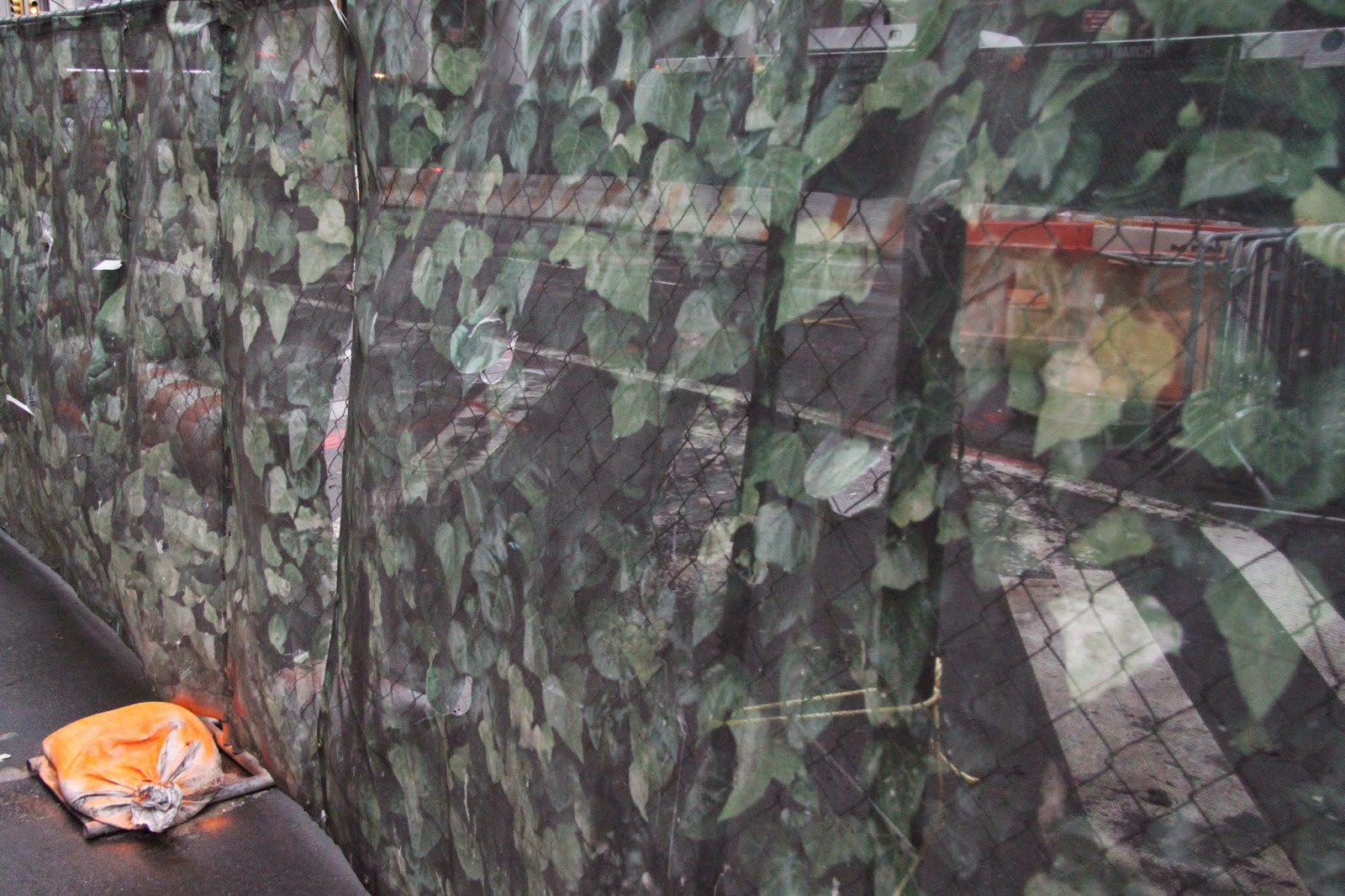In Old San Juan, after a morning spent on the beach reading The Castle and watching the waves break against the reefs, I drank two cans of Medalla Light and ate a ham and cheese on sweet mallorca bread before taking my afternoon nap. The dreams I had were full of strange architecture, old friends and work acquaintances.
There's a recurring architecture in my dreams, somewhere between the corridors of Doom, the expansiveness of Boullee and the recursion of Borges' The Library of Babel.
Before I went to sleep, I went out on the balcony, which overlooked the neighboring rooftops. There was a puddle on one of the rooftops. It cast a reflection on the aluminum panel of a ventilation hood. The brightness of that reflection seemed to be a constant light throughout the dream.
The light was so strong I had to wrap my hands around it and squeeze it down into a cone.
When I woke up, my tongue moved against the roof of my mouth trying to rid itself of the sticky coat from the light beer.
The puddle had evaporated in the late day heat and the evening had crushed out the heat.
SUVs poured down the Calle Fortelaza pumping music out of their half-open windows.
Bats dropped down from a nearby eave and wheeled through the pumping sounds, making their erratic black swipes before the pink and pineapple paint of an old plaster wall.
When I woke up, my tongue moved against the roof of my mouth trying to rid itself of the sticky coat from the light beer.
The puddle had evaporated in the late day heat and the evening had crushed out the heat.
SUVs poured down the Calle Fortelaza pumping music out of their half-open windows.
Bats dropped down from a nearby eave and wheeled through the pumping sounds, making their erratic black swipes before the pink and pineapple paint of an old plaster wall.








